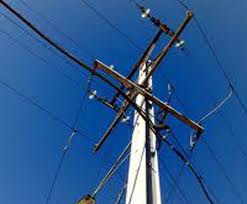Alternative power: Save the economy and the environment

Pakistan needs to shift to environment-friendly energy. Pakistan must adopt other technologies for generating power from renewable energy sources, such as municipal waste and landfill methane geothermal recovery, anaerobic biomass gasification, biological fuels, fuel cells and ocean waves. It is no secret that Pakistan is in the grip of a serious energy crisis that is affecting all sectors of the economy and various segments of society. Luckily Pakistan is also blessed with many resources but the government has not focused on alternative energy to the extent that it should, so far. For years, the matter of balancing Pakistan’s supply against the demand for electricity has remained a largely unresolved matter. And it is a separate issue that Pakistan faces a significant challenge in revamping its distribution network as well. A lot of problems arise out of the fact that Pakistan’s energy infrastructure is neither well developed nor well managed. The mismanagement can be gauged from

